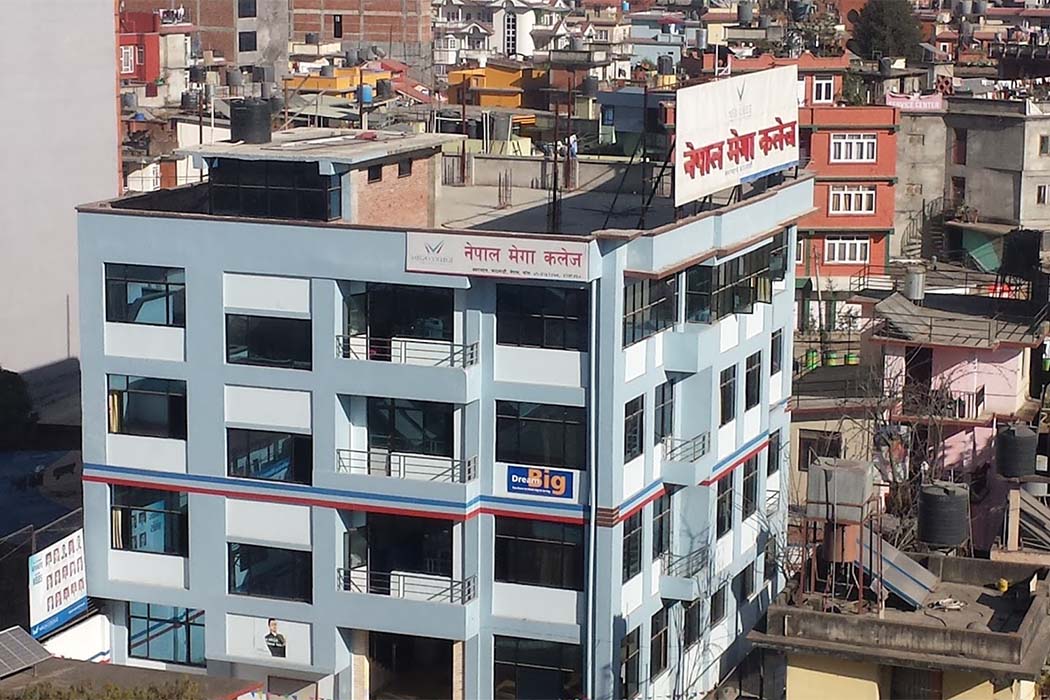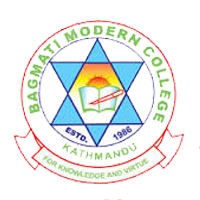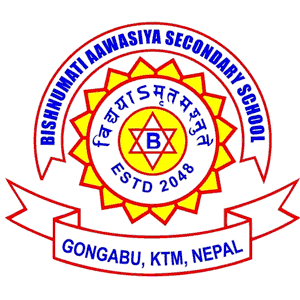Overview
Ten Plus Two (+2) Law at Nepal Mega College (NEB)
+2 Law at Nepal Mega College, Babarmahla, Kathmandu, introduces legal foundations for students who plan to study BALLB, LLB, public policy, criminology, or governance-related fields.
Your two years under NEB link constitutional ideas, civil and criminal basics, legal drafting, and civic responsibility with regular writing practice and case summaries.

Overview
+2 Law builds conceptual clarity through staged reading. Students learn how a constitution frames rights and duties, how laws are interpreted, and how procedures shape outcomes. Assignments include brief case notes, statute interpretation exercises, and short debates.
Highlights
-
Affiliation: National Examinations Board (NEB)
-
Duration: Two academic years
-
Location: Babarmahal, Kathmandu
-
Core Areas: Constitutional basics, civil and criminal foundations, legal drafting, civic studies
-
Evaluation: Internal tests, terminals, project work, pre-board, NEB board exam
Curriculum Details
Grade XI introduces legal theory, sources of law, and constitutional structure. Students learn terminology, court hierarchy, and the difference between civil and criminal matters. Writing practice includes petitions and applications in a simplified format.
Grade XII extends to rights and remedies, evidence basics, and selected areas such as property, contract, or family law as per the NEB set. Students write concise briefs, summarize judgments in plain language, and present arguments within time limits. A civics component links law to local bodies and everyday administration.
Objectives
-
Legal Literacy: Understand core ideas that underpin Nepal’s legal system.
-
Reading & Writing: Draft short legal notes, applications, and summaries.
-
Civic Sense: Recognize duties, procedures, and the role of institutions.
-
Further Study: Prepare students for BALLB/LLB entrances and interviews.
Scope
Graduates pursue BALLB or LLB, public administration, criminology, social work, and governance-oriented degrees. Early roles appear in documentation, paralegal support, legal aid projects, and research assistance under supervision.
Learning Outcomes
-
Identify parts of a constitution and explain separation of powers.
-
Distinguish civil and criminal procedures at an introductory level.
-
Draft short notes: notices, applications, affidavits (sample formats).
-
Summarize case facts and holdings in two to three paragraphs.
-
Participate in structured debates using respectful language and sources.
Skill Development Modules
-
Legal Drafting: Formats for notices, applications, and simple contracts.
-
Case Summaries: Fact, issue, decision, and reason outline.
-
Mock Hearings: Time-bound presentations with peer feedback.
-
Civic Projects: Ward-level visits, RTI practice, and minutes of meetings.
-
Ethics & Conduct: Confidentiality, respectful communication, and source citation.
Teaching Methodology
Faculty conduct lectures, tutorials, and drafting workshops. Students receive weekly writing prompts and feedback. Internal tests and viva sessions check understanding. Pre-board exercises simulate board timing and structure.
Admission Requirements
-
Eligibility: Minimum C in all subjects at Grade X (SEE) as practiced nationally for +2 Law
-
Documents: SEE marksheet, character certificate, photos, and ID copies
-
Selection: Application screening and interaction under the intake schedule
Progression Pathways
-
Undergraduate: BALLB, LLB, BA in governance or policy studies
-
Support Roles: Documentation, paralegal assistance, community legal awareness
-
Related Fields: Social work, rural development, and public administration
Scholarships and Financial Aid
-
Categories: Merit or criteria-based options during the admission period
-
Process: Submit forms and evidence within the deadline
-
Advisory: Check seat counts and renewal rules each academic year
Why Choose This Course?
-
Structured Legal Base: Core ideas, drafting, and civic studies move together.
-
Writing Habit: Weekly briefs and summaries create exam-ready clarity.
-
Next Steps: Smooth transition to BALLB/LLB and policy-oriented degrees.
-
Mentoring: Feedback on language, logic, and references supports steady growth.
Conclusion
+2 Law at Nepal Mega College offers a careful introduction to legal study. Students learn concepts, write short drafts, and practice debates so higher studies and entry-level roles feel attainable and clear.
FAQ
Do I need prior legal study in Grade X?
No. A readiness to read carefully and write clearly matters most.
Is there practical exposure?
Yes. Visits, mock hearings, and civic tasks are part of internal work.
Can I move to BALLB after +2 Law?
Yes. Students prepare for university criteria and entrance interactions.
How heavy is the writing load?
Two to three short tasks per week are common during peak terms.
What if my Nepali or English writing is weak?
Language support and drafting templates help you build confidence step by step.























